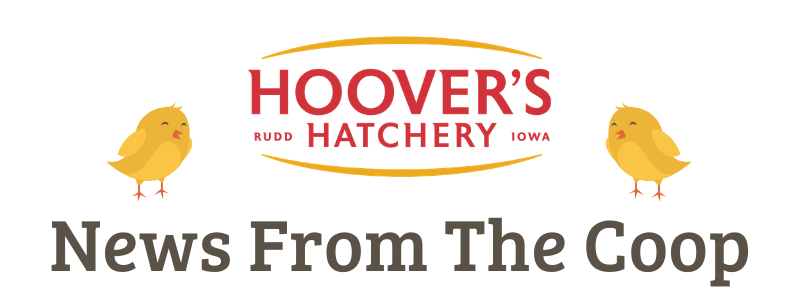Preventing Accidents and Illness
Preparing for Health Problems
Anyone tending backyard chickens is the guardian of their birds’ health. Like all animals, chickens can suffer from disease and accidents. Managing birds for robust health and being ready to perform first aid help promote a healthy and productive flock.
Preventing Diseases and Injuries
Chicken health is much like that of humans. It’s far better to prevent a disease or accident than it is to try to cure sickness or nurse injured hens back to health.
When raised in sturdy and clean backyard coops, and isolated from other flocks, chickens can be amazingly healthy. Diseases are rare and safe coops reduce odds of injury. A few tips for preventing disease and accidents include:
- Keep the coop clean and dry. Moisture creates odors and benefits pathogens.
- Provide each bird with plenty of space. Crowded chickens make it easy for diseases to quickly spread. Birds packed together in small spaces are likely to fight and peck, creating wounds.
- Provide quality feed appropriate for the birds and plenty of clean water.
- Keep birds comfortable. Shade and cool breezes keep chickens healthy on torrid days. Preventing drafts is just as important in winter.
- Predator proof the coop. One raid by a hungry raccoon or mink can result in many dead and injured birds. Make sure chickens are safely locked inside at dusk when most predators prowl.
- Eliminate coop and run hazards, like nails sticking out of boards, that can cause injuries.
- Be wary of introducing new birds to the flock. They may carry disease.

Dealing with a Dead, Ill, or Injured Chicken
Occasionally healthy humans suffer a deadly stroke, heart attack or any one of many lethal conditions. Chickens are no different. Occasionally, a seemingly healthy hen dies. It is startling and sad to enter the coop and discover a body. The chicken may have died from a disease, visible injury, or some invisible body malfunction.
Remove it quickly and examine it for injuries that might give a clue on the death’s cause. Then bury it or dispose of it as instructed by the local sanitation department. Many allow dead animals to be put in the trash if they are placed in two or three layers of plastic bags. Clean and sanitize waterers and wash your hands and clothes after handling the dead bird. Then, carefully observe the other chickens for several days. If no others sicken or die disease is an unlikely culprit.
Even though illness is rare in well cared for flocks it can happen. Sick chickens often lose weight, have little energy, stop laying, and sometimes have runny eyes and mouths. Very ill birds often crouch on the floor in a corner.
Some people immediately euthanize an ill or severely injured chicken. A less lethal approach is to isolate the bird from the flock. Healthy chickens may harass a sick bird, making its condition worse. The ill bird also could spread disease to its flockmates. Isolation should be in a clean dry, tiny coop or cage well away from the rest of the flock. Hopefully it will soon regain health and can be reunited with the other birds. Or, it may die. Always carefully watch the rest of the flock for signs of illness and be sure to sanitize human hands and clothing that have been in contact with birds.
Many diseases with similar and confusing symptoms afflict chickens. Binging an ill bird to a vet for diagnosis and treatment may be wiser than trying to self-diagnose and treat her.
Occasionally chickens suffer injuries. They are rarely fatal but sprains, broken bones, cuts, and even concussions are possible. Injuries are caused by predators, fighting, or coop hazards. Chickens have an amazing ability to recover from nonlethal injuries if left alone. Flockmates will peck at visible blood, so wounded birds should be isolated from the flock until she recovers.
Bird bones are hollow and thin to keep their bodies lightweight and enable flight. Unfortunately, they break easily and often shatter into many small pieces. Euthanizing a bird with a severely broken bone or serious wound may be the most humane solution. A vet may be able to amputate a broken wing and help the bird lead an otherwise normal, but flightless, life.
Sometimes a chicken will fly into a wall or window and knock itself unconscious. Keep other birds away from it and normally the stricken hen will either recover fully or die. If paralysis results humane euthanasia is likely the best solution.
Fortunately, chickens humanely tended in clean, dry coops rarely sicken and injuries are uncommon. However, it is wise to be prepared to deal with an unexpected death, illness or injury.
Post provided by: Winding Pathways, LLC



